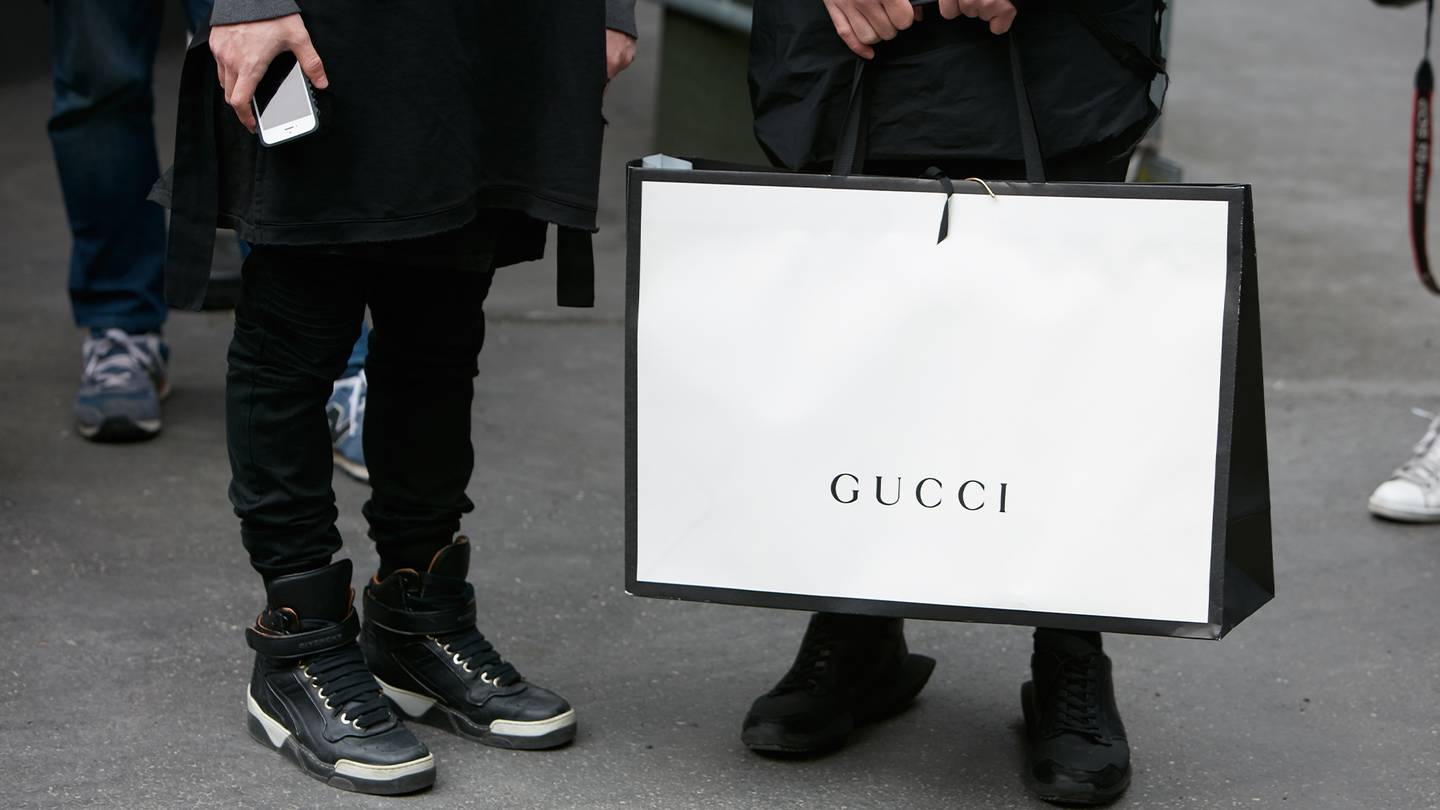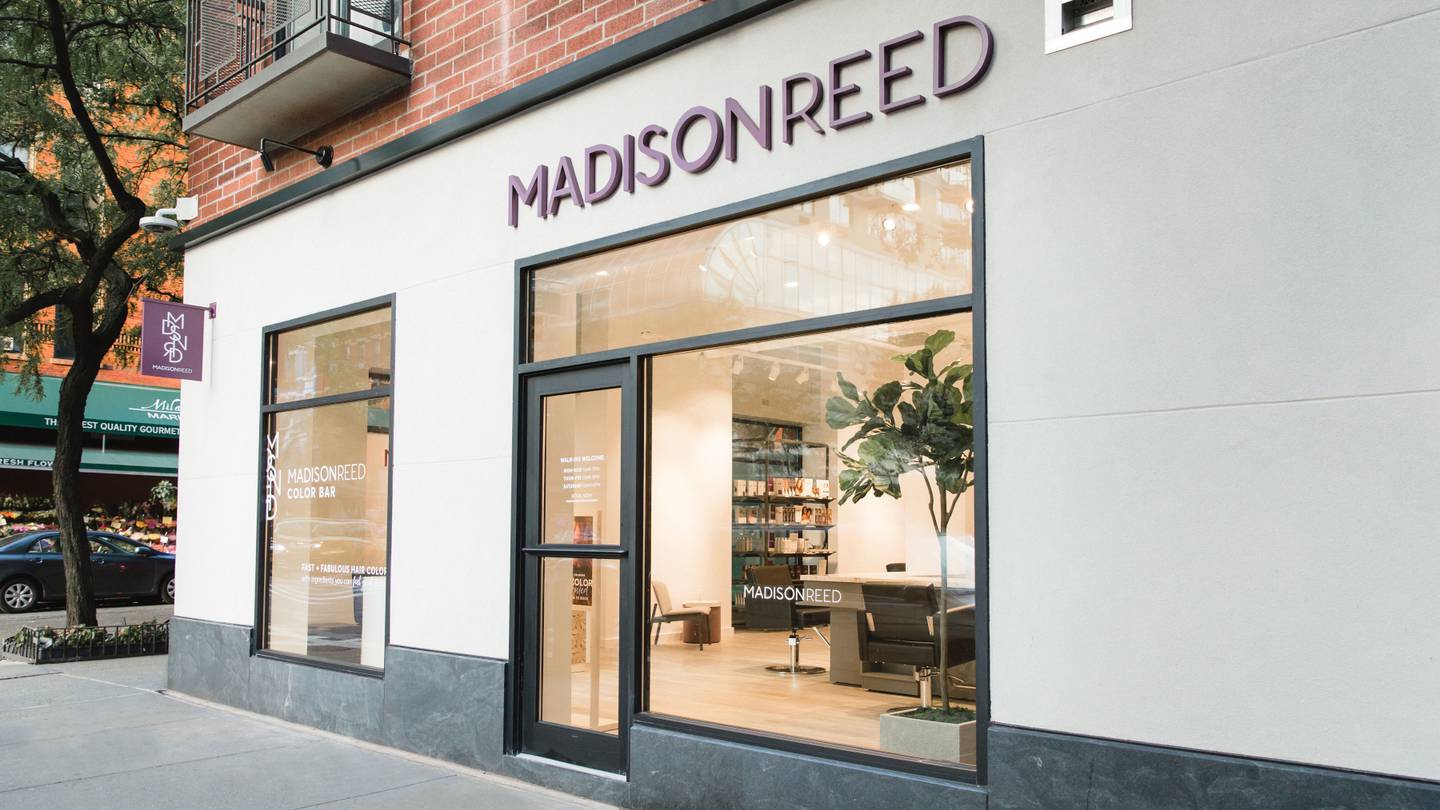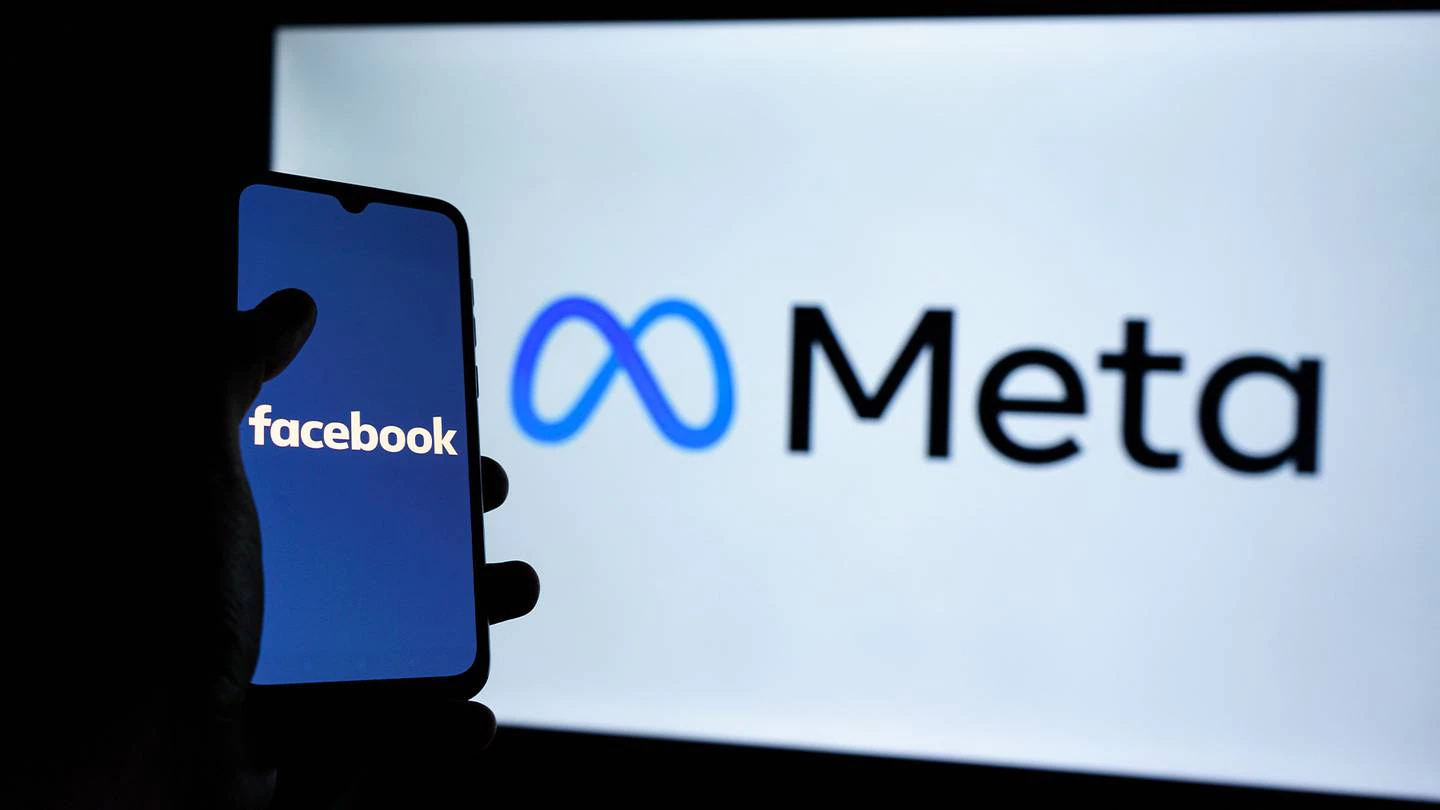
Tesla CEO Elon Musk is buying the social media platform Twitter for $44 billion. The deal, expected to close later this year, made waves not only for its scale but because billionaire Musk is taking a platform with more than 200 million active users, that some have called a “public square,” private.
No one knows exactly what Musk plans to do with Twitter, but as a self-styled defender of “free speech” he could remove many of the platform’s restrictions on what users can say, perhaps lifting bans on people like former US president Donald Trump. Either way, he’s likely to add features like an edit button that users have long been clamouring for and shake up a company whose ad-supported business is struggling.
For the fashion industry, Twitter used to mean a lot more than it does now. It was the first social platform to be viewed by brands as a legitimate marketing tool. In the US, accounts like Oscar PR Girl and DKNY PR Girl took off, bringing a fresh sense of personality to carefully marketed brands, while Britain’s Burberry dabbled in activations like a “Tweetwalk” show.
There are still communities of fashion lovers interacting on the platform; High Fashion Twitter and Black Twitter both engage in vibrant discourse. For the crypto community, and more specifically, NFT collectors, Twitter remains vital.
But Twitter’s relevance to the industry at large faded with the rise of Instagram, then Snapchat and Tiktok, which all favoured the kind of visual storytelling that’s a more natural fit for fashion. Brands and their fans migrated to those platforms and never looked back. Meanwhile, Twitter was slow to introduce new features that enhance the user experience as its rivals regularly rolled out new ways for creators to create and brands to monetise their feeds. Instagram even allowed brands to set up stores within the app.
Now those platforms are showing signs of suffering from some of the same malaise that made Twitter a target for someone like Musk. Instagram in particular, once a playground for creative people — not only for posting their work but culling inspiration from others — has devolved into yet another polarised platform, with two primary uses: posting personal pictures or selling products.
Its algorithm is so aggressive that discovery has suffered. Today, new features added to Instagram seem to be increasingly driven by what its parent company, Meta, wants, not what users want. While it feels harder than ever to surface content made by the accounts you follow, the feed is constantly inundated with videos from accounts that game the algorithm.
Instagram has, in a few cases, lost its sheen for brands as well. Under former creative director Daniel Lee, Kering’s Bottega Veneta abandoned the platform altogether. But for most, Instagram still holds a lot of value. Social media remains a critical part of marketing.
But the creative community that helped make Instagram interesting and addictive in the first place is starting to look elsewhere. While TikTok, with its fast pace and interactivity, is fun for creators and viewers alike — it’s not as strong a source of creative inspiration.
Social media platforms rise and fall, but it does feel like this week’s Twitter news is the end of an era. What comes next may be more of a radical shift than TikTok was to Instagram — or Instagram to Twitter.
THE NEWS IN BRIEF
FASHION, BUSINESS AND THE ECONOMY
Report: Kering aims to raise at least €1 billion in bond sale, a person familiar with the matter told Bloomberg. The Gucci owner is snapping the longest dry spell for Europe’s corporate debt sales since 2020, with the approach likely to prompt more activity before the end of market support.
JCPenney owners offer $8.6 billion for Kohl’s, the New York Post reports. Simon Property Group and Brookfield Asset Management are offering to acquire retailer Kohl’s Corp. in a deal that would be worth more than $8.6 billion, according to a report in the New York Post.
Ted Baker attracts number of proposals from potential suitors. The British firm launched a formal sale process earlier this month after private equity firm Sycamore improved its takeover proposal and another third party showed interest in bidding for the company.
ThirdLove acquires Gen-Z underwear brand Kit Undergarments. The direct-to-consumer bra start-up, known for its wide assortment of sizes, relaunched Kit Undergarments on the ThirdLove website Tuesday, the company announced Monday, Apr. 25.
Higg raises $50 million with eye on expansion to new categories. The California-based supply chain sustainability data company — a spin-off of the Sustainable Apparel Coalition — will use the funding to expand into other consumer sectors.
Primark to raise prices as cost pressures mount. The budget chain is battling severe inflationary pressures, its parent Associated British Foods said on Tuesday, as it also warned about the margin outlook at its food businesses, sending shares lower.
Ferragamo, Amazon say they helped China seize counterfeits in Zheijang. Chinese officials raided a warehouse, seizing hundreds of counterfeits of Ferragamo’s Gancini belt and buckles after the producer attempted to sell them on Amazon as originals, the two companies said in a joint statement.
High demand pushes Puma’s first-quarter results above expectations. The German sportswear maker said its EBIT rose 27 percent to €196 million ($208.62 million) in the first three months of 2022, compared to analysts’ average forecast for EBIT of €181.5 million.
THE BUSINESS OF BEAUTY

Madison Reed raises $33 million. The round, which will help the brand ramp up its brick-and-mortar business, create new products and forge new relationships, brings the hair colour company’s total amount raised to $250 million.
Unilever warns of more price hikes as cost pressures build. The consumer goods maker raised prices by 8 percent. It now expects cost inflation would reach €2.7 billion ($2.8 billion) in July-December, up sharply from its previous estimate of €1.5 billion.
India’s Reliance, Apollo Global plan joint bid for Walgreens’ Boots business. The Financial Times, which first reported on the joint bid citing people familiar with the matter, said the deal would see Boots expand its presence into India, Southeast Asia and the Middle East.
PEOPLE

Bea Valdes named editor-in-chief of Vogue Philippines. Accessories designer Bea Valdes will lead Vogue’s latest push into Southeast Asia when the new title launches in September. She will be joined by Pam Quiñones as fashion director, Trina Epilepsia Boutain as digital editor and Rhoda Campos-Aldanese as publisher of the title.
Judy Turner, Elena Velez among 2022 CFDA/Vogue Fashion Fund finalists. Designer Thom Browne and Nick Molnar, co-founder and co-chief executive of pay-later service Afterpay — which is underwriting the competition alongside Instagram, Nordstrom and Saks Fifth Avenue — have joined the selection committee.
Saul Nash wins the 2022 International Woolmark Prize. The British-Guyanese menswear designer was awarded the 2022 Woolmark Prize, winning an AU$200,000 ($144,000) cash prize to put towards business development.
Essence taps Corey Stokes as senior vice president, creative. The former fashion director at Highsnobiety, will “develop and lead the creative strategy and approach across all the brands” in his new role at Essence Ventures. He will report to chief executive officer Caroline Wanga.
MEDIA AND TECHNOLOGY

Meta shares rise as Facebook records stronger-than-expected daily user growth. The Facebook parent’s shares soared on Wednesday as it reported quarterly daily active users above Wall Street estimates, even as it recorded its slowest revenue growth in a decade.
Meta to open retail store to showcase virtual reality hardware. The Facebook owner’s first-ever storefront in California will aim to introduce people to virtual reality worlds with a try-before-you-buy approach.
Shopify’s downtrodden stock faces new test as analysts turn sour. Shares have plunged nearly 70 percent this year. On top of that, at least six securities-firm analysts have slashed their price targets on the tech giant in the last two weeks ahead of its first-quarter earnings on May 5.
Compiled by Joan Kennedy.


